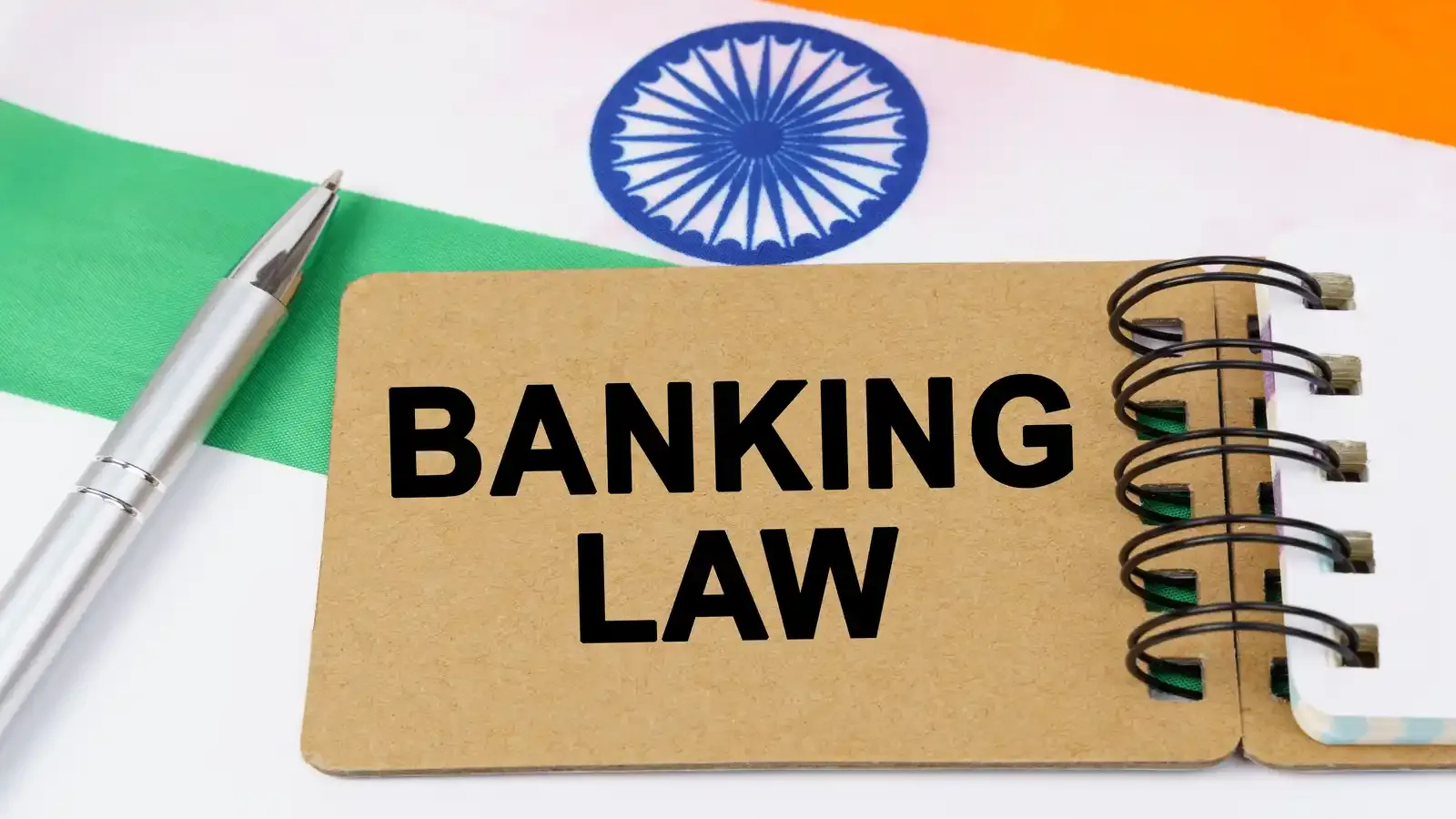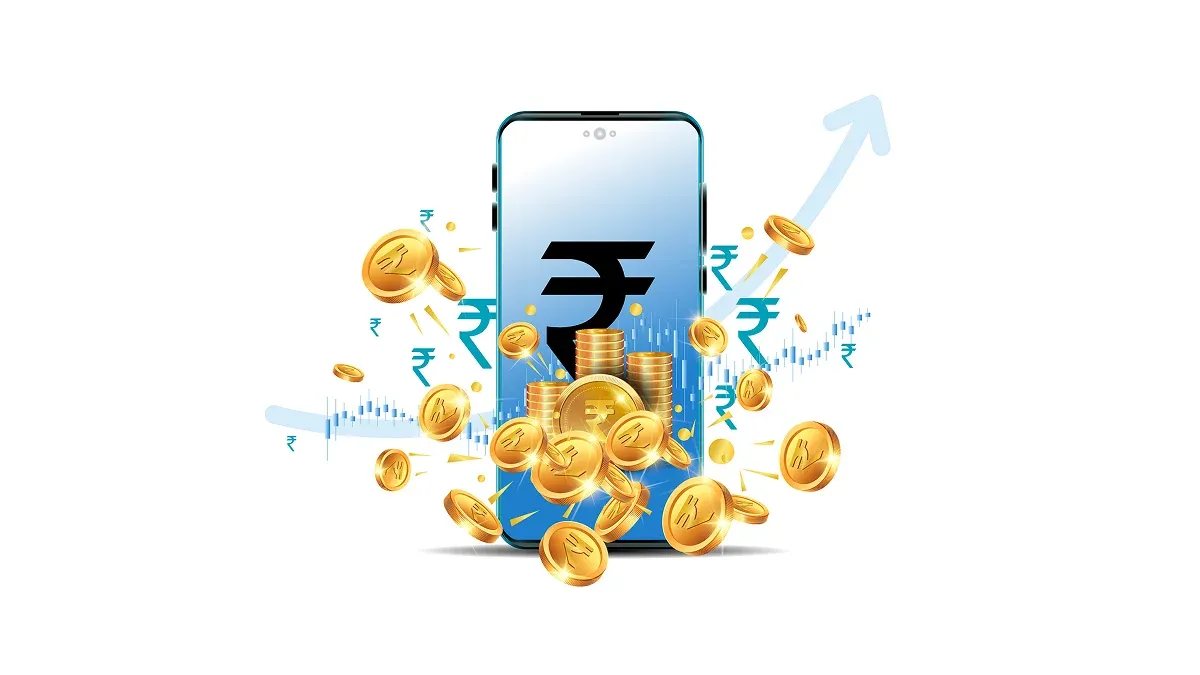How Does My Credit Score Affect Loan Approval?
Written by Pradnya Surana
Published on November 20, 2025 | 3 min read

When you apply for a loan, whether it’s for a car, home, or personal expense, one of the primary criteria banks or other lenders look at is your ‘credit score’. This three-digit powerful number can forecast if you stand to get a loan, how much you can borrow and at what rate.
A fraction per cent change in loan interest rate due to credit can save you or cost you, whichever way, thousands of rupees of interest. Understanding how your credit score works and affects your loan approval can guide you to make appropriate financial decisions.
What is a credit score?
A credit score is a numerical depiction of your creditworthiness. To lenders, it reflects how likely you are to repay borrowed money.
Your credit score is calculated using data from your loan reports, which include details about your borrowing habits, payment history, loan amounts and more. In India, credit scores are issued by credit bureaus such as CIBIL (Credit Information Bureau India Limited), Equifax, Experian and CRIF High Mark. All these four organisations are regulated by the Reserve Bank of India.
The most commonly used one is the CIBIL score, which ranges from 300 to 900. The higher your score, the more favourable you are for lenders.
Here’s how your credit score is categorised based on CIBIL
| Credit Score | Credit Profile | Loan Approval Chances |
|---|---|---|
| 750–900 | Excellent | Very high – eligible for most loans with the best interest rates |
| 700–749 | Good | High – generally approved with favourable terms |
| 650–699 | Fair | Moderate – approval possible but may get higher interest |
| 550–649 | Poor | Low – approval difficult; may require a co-applicant |
| 300–549 | Very Poor | Very low – unlikely to be approved |
How is a credit score calculated?
Here’s what goes into deciding your credit score
Payment history (~ 35%)
Whether you pay your bills on time.
Credit utilisation (~ 30%)
How much of your available credit eligibility is currently being used.
Length of credit history (~15%)
How long your credit accounts have been open.
Credit mix (~10%)
The variety of credit types you have (credit cards, auto loans, mortgages, etc.).
New credit inquiries (~10%)
How often you apply for new credit.
What do lenders interpret from your credit score?
When you apply for a loan, lenders assess your ‘risk level’. In other words, how likely it is that you will repay the loan as agreed. Your credit score gives them a quick snapshot of that risk.
Your credit score in action,
How to improve your credit score before applying for a Loan
If your score is lower compared to what you need or what is ideal, you can gradually improve it.
Here’s how,
- Pay EMIs and credit card bills on time – Set up auto-pay or reminders to avoid missed payments.
- Keep your credit utilisation low – Try to use less than 30% of your credit card limit.
- Avoid multiple loan applications simultaneously – Too many inquiries can temporarily reduce your score.
- Maintain a credit mix – Combine collateral-based loans (like a car or home loan) with unsecured ones (like credit cards).
- Check your CIBIL report regularly – Visit www.cibil.com to download your free annual report and correct any errors.
- Do not close old credit accounts – Older accounts where you have repaid your loans on time add to your credit history length and boost your score.
- Bit by bit, with discipline and planning, you can reach an ideal CIBIL score
Final thoughts
By understanding how your credit score works and taking proactive steps to improve it, you can work towards improving it for better loan offers. If you already have a good credit score, work towards maintaining it.
About Author
Pradnya Surana
Sub-Editor
is an engineering and management graduate with 12 years of experience in India’s leading banks. With a natural flair for writing and a passion for all things finance, she reinvented herself as a financial writer. Her work reflects her ability to view the industry from both sides of the table, the financial service provider and the consumer. Experience in fast paced consumer facing roles adds depth, clarity and relevance to her writing.
Read more from PradnyaUpstox is a leading Indian financial services company that offers online trading and investment services in stocks, commodities, currencies, mutual funds, and more. Founded in 2009 and headquartered in Mumbai, Upstox is backed by prominent investors including Ratan Tata, Tiger Global, and Kalaari Capital. It operates under RKSV Securities and is registered with SEBI, NSE, BSE, and other regulatory bodies, ensuring secure and compliant trading experiences.

























